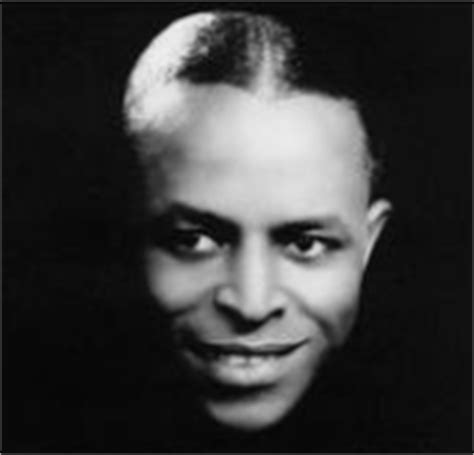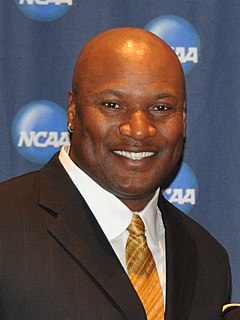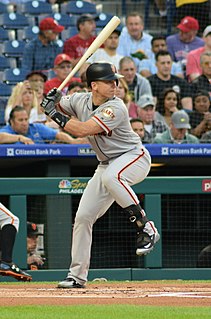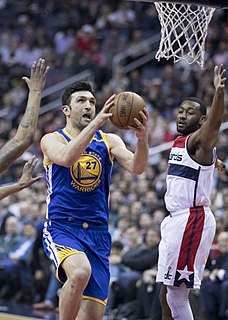A Quote by Kareem Abdul-Jabbar
I read that Hollywood wanted to film Fences years ago with a white director, but [August] Wilson refused. He thought that the director needed to have lived the culture of black Americans.
Related Quotes
It just happened that we did [Fences] seven years ago on Broadway. Scott Rudin brought me August Wilson's original screenplay for it, and I realized I hadn't read the play. So I read it. Then I realized that Troy (my character) was 53 - and I was 55 at the time. I realized I better hurry up! I might be too old!
Film’s thought of as a director’s medium because the director creates the end product that appears on the screen. It’s that stupid auteur theory again, that the director is the author of the film. But what does the director shoot-the telephone book? Writers became much more important when sound came in, but they’ve had to put up a valiant fight to get the credit they deserve.
There's no reason why you can't say "August Wilson, playwright" even though all of my work, every single play, is about black Americans, about black American culture, about the black experience in America. I write about the black experience of men, or I write about black folks. That's who I am. In the same manner that Chekhov wrote about the Russians, I write about blacks. I couldn't do anything else. I wouldn't do anything else.
Before writing a single note of music, and even before the spotting session, I find it best to sit down with the director and just listen to him or her talk about the film - what they're trying to say, what they want the audience to understand or believe, and a thousand other similar questions. The director has most likely been living with the film for years before a composer is attached, and so the director's inclinations, desires, and understanding of the film are paramount.
We were doing Scarface many years ago...and I remember having my coffee and looking at the beach, the surf, and I saw a hundred people looking out into the ocean. I thought, what's going on? Did some whale get washed up to shore? So I stood up on the table to see what it was, and it was the director, Brian De Palma, standing there alone by the surf and they were all waiting for him. And I never forgot that because it represented to me what a director is, what a director does.


































